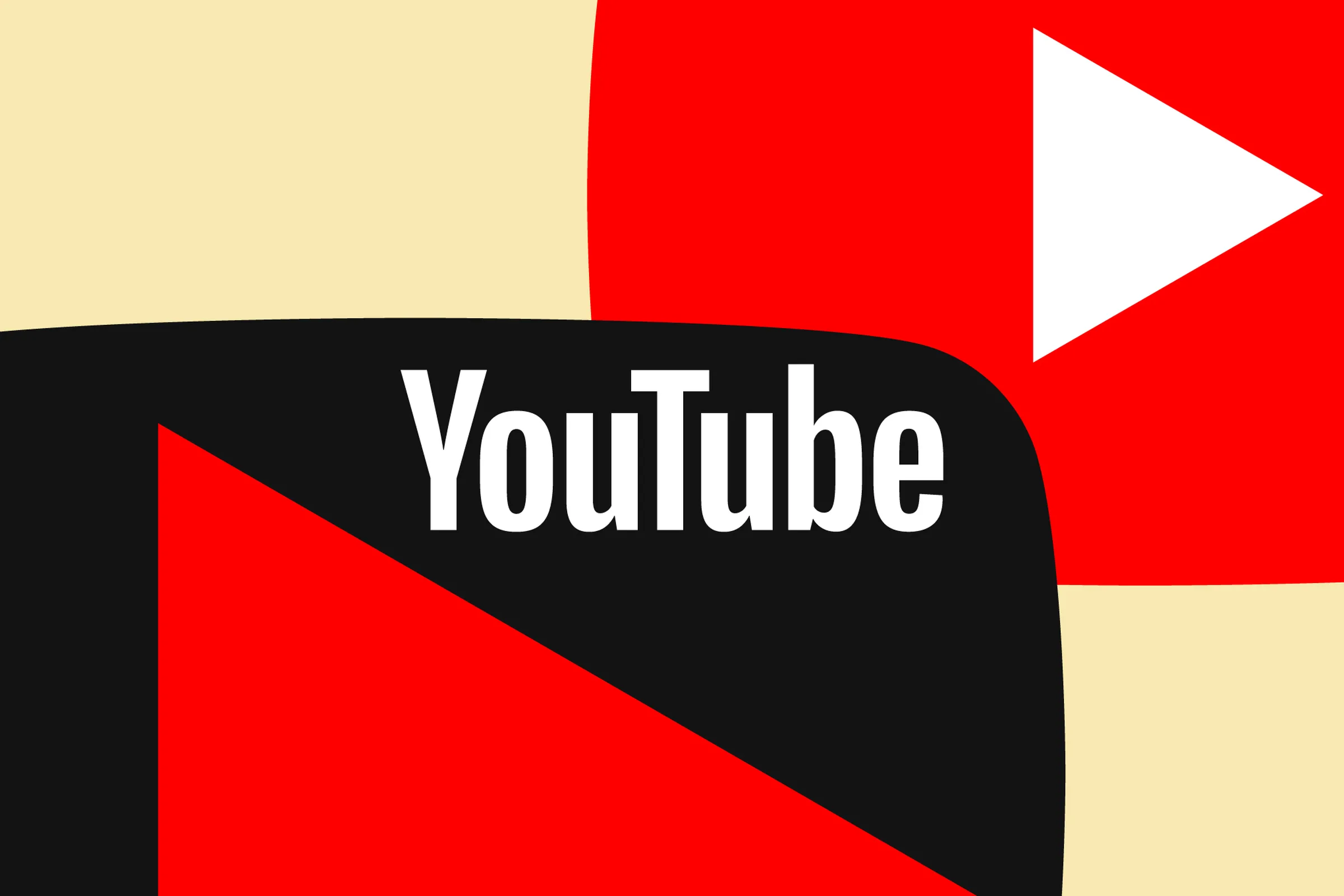
The oft-cited joke about landing on an FBI watch list after a Google search might not be so far-fetched after all. Recent revelations suggest that watching specific YouTube videos last year could indeed have put viewers in the crosshairs of United States federal authorities. A federal court in the U.S. issued an order mandating Google to disclose the identities of tens of thousands of users who viewed particular videos within a specified timeframe.
According to reports from Forbes, federal investigators obtained court-approved subpoenas targeting viewers who watched tutorials on mapping via drones and augmented reality software. The investigators, engaging with an undercover suspected money launderer, shared links to these videos and then demanded Google to identify anyone who viewed them immediately thereafter.
The scope of the subpoena was broad, encompassing names, addresses, telephone numbers, and browsing history associated with Google accounts for potentially up to 30,000 individuals. These requests traced user traffic to the relevant videos over a one-week period in January 2023. While it remains unclear whether Google complied with these demands for user information, corporations typically exhibit reluctance to challenge court-issued subpoenas.
Legal experts, including those from the Surveillance Technology Oversight Project and the Electronic Privacy Information Center, voiced concerns over potential violations of the U.S. Constitution’s First and Fourth Amendments. These constitutional provisions safeguard freedom of speech and privacy from unreasonable searches and seizures, respectively.
Despite the apparent breaches, remedial action is often contingent upon victims contesting these actions in court. Such challenges frequently escalate into protracted legal battles that may ultimately reach the United States Supreme Court for resolution.




